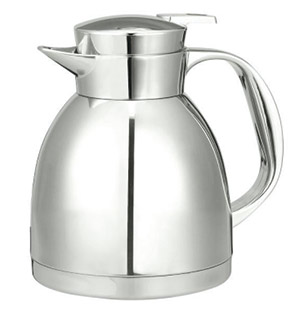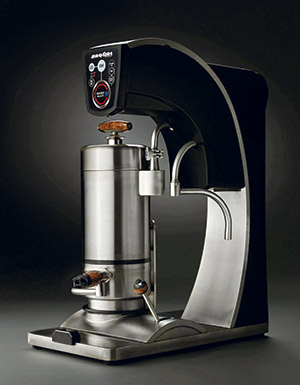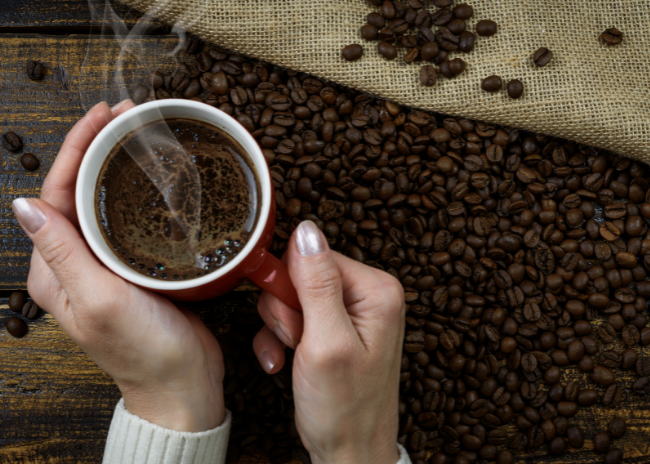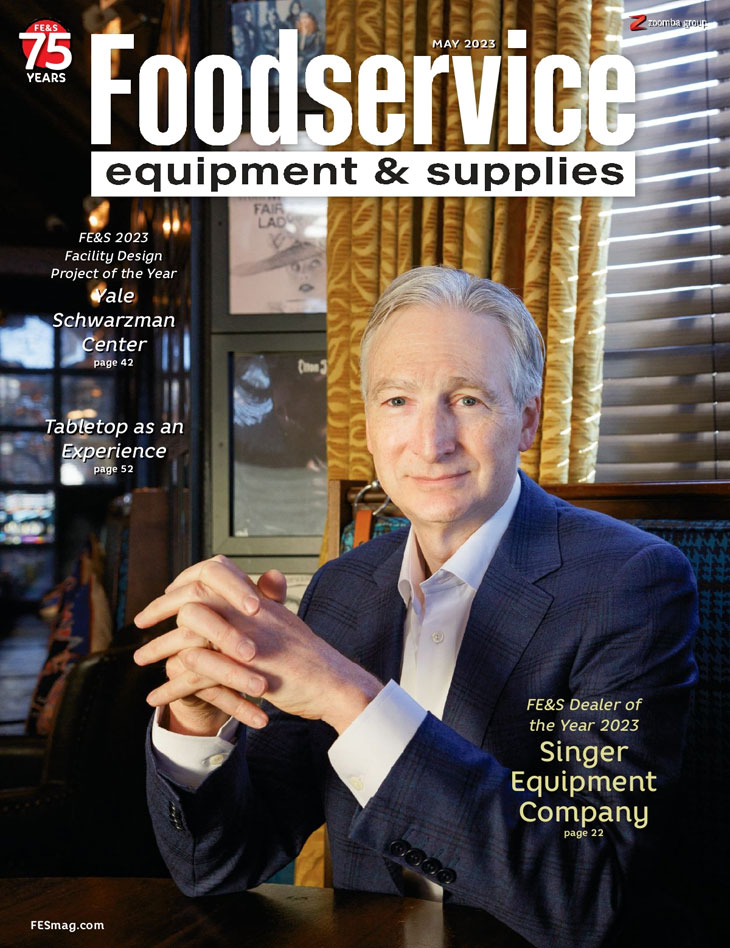Coffee makers don’t get as much attention from the foodservice equipment channel as pieces like fryers and flattops. If a restaurant’s coffee maker goes down, though, there are likely to be many upset customers. Here are a few tips to keeping coffee makers running smoothly.
Keeping coffee urns and bulk brewers spotless and in optimal condition has a significant impact on the overall quality and freshness of the coffee.
Operators serving high-end coffee should consider systems that combine a precision coffee grinder and brewer. These units have dual coffee bean hoppers to brew two types of coffee into a decanter or airpot.
The coffee segment has evolved substantially in the last couple decades, with specialty coffee becoming a staple as well as a number of creative beverages emerging, such as nitro and cold brews.
Coffee brewers provide an essential beverage service to foodservice operations. These machines heat water to between 195 degrees F and 202 degrees F. Although operators can use the hot water to steep tea, true connoisseurs of this beverage may consider the maximum water temperature too low. Brewers also have water faucets to supply hot water for different applications, such as producing oatmeal, soup and hot chocolate.
Operators installing new coffee machines have to take into consideration water conditions. Treat water for taste, odor and mineral deposits with proper filtration. Regularly change water filters to prevent buildup. Also, check brew levels to determine whether there is scale on the brew tank since it will reduce the amount of water inside.
Featured Products
-

Duro Insulated Server
Frieling USA Inc.
The Duro Insulated Server keeps beverages hot for up to 8 hours or cold up to 16. The 44-ounce server sits 8 inches tall with a stainless-steel body and liner, chrome-plated ABS handle and hinged lid.
-

Commercial Automated French Press
Bravura Press
The Automated French Press brews up to 30 liters of coffee per hour and utilizes easy-to-operate, self-cleaning features. The on-demand heat system provides energy savings. In addition to the hot water dispenser, users can switch from preparing coffee to making flavored hot beverages, consommes and broths.
Related Articles
-
What to Consider When Purchasing Coffee Brewers
Read FeatureTo better compete in the coffee arena, a number of restaurants have upped the ante in terms of this beverage’s quality and number of offerings. Purchasing the appropriate coffee brewer and accessories can be critical to a business’ success.
-
Undercounter Dishmachines
Read FeatureOperators often use undercounter dishmachines in front-of-the-house bar areas to wash mainly glassware and utensils. These units clean between 24 and 40 racks per hour, with fill-and-drain and heat recovery types on the lower end. Higher-end models can feature adjustable cycle times for light-, medium- and heavy-volume applications.












